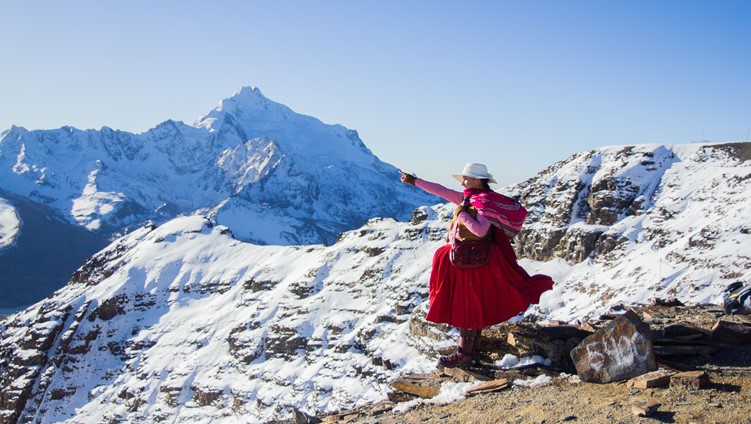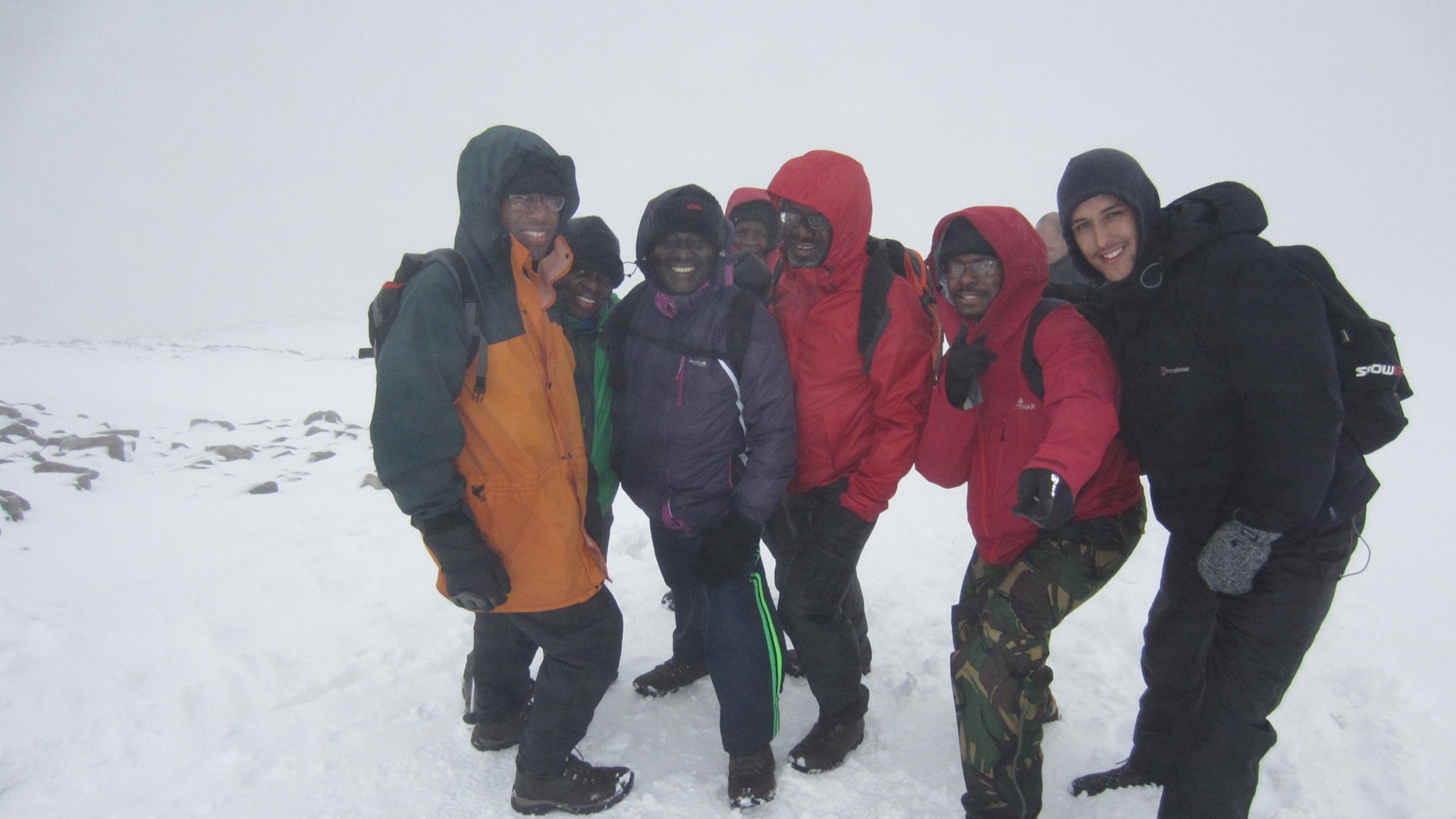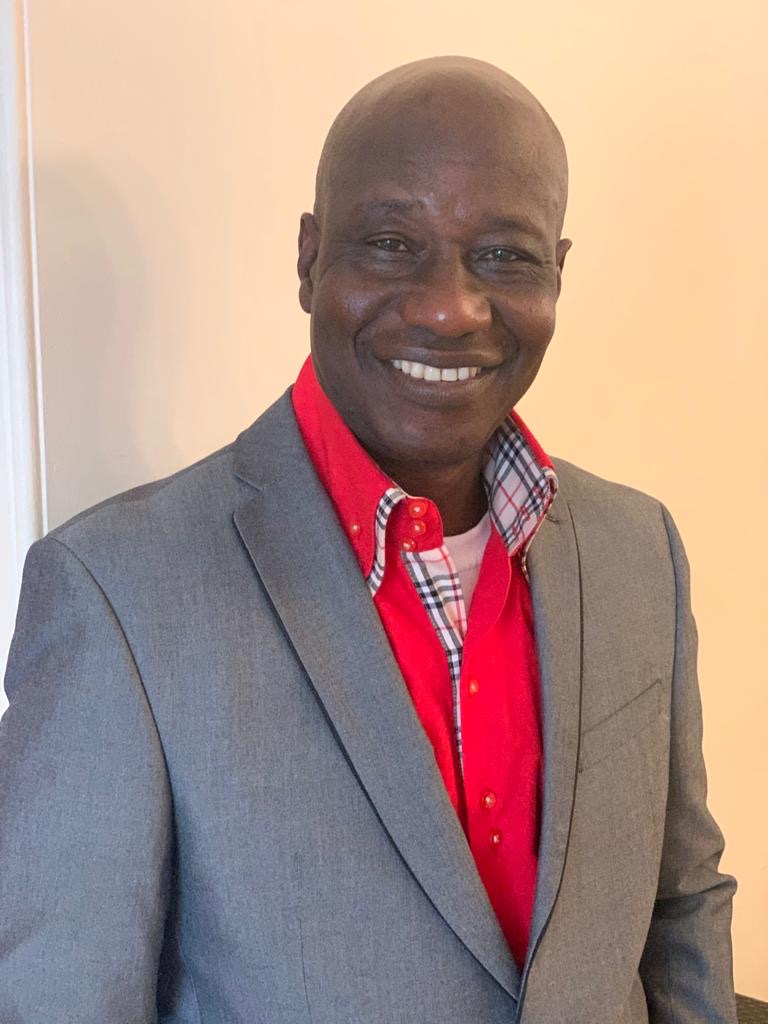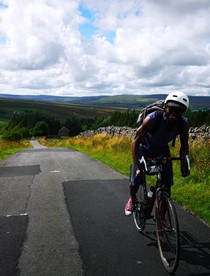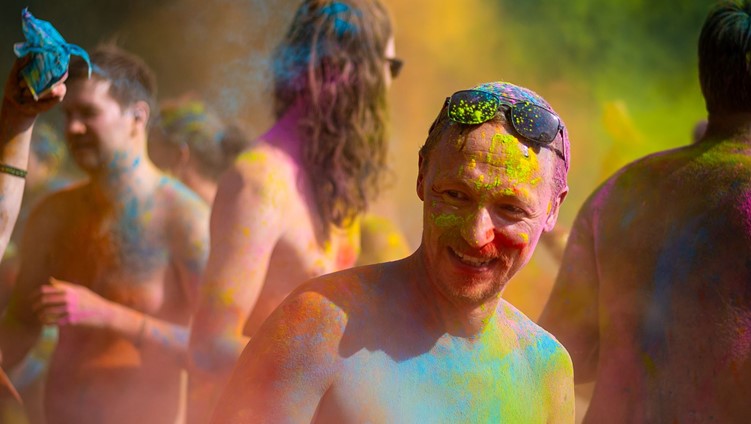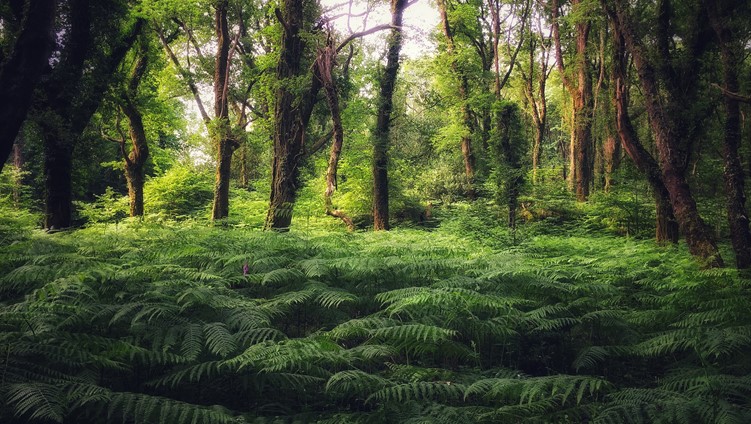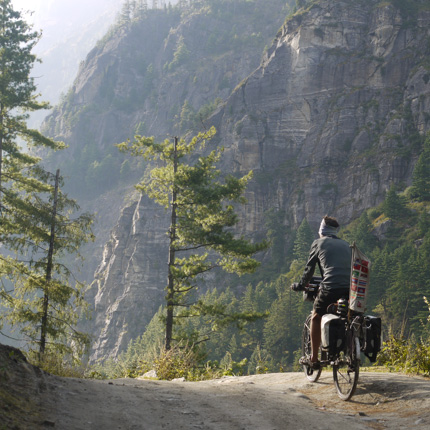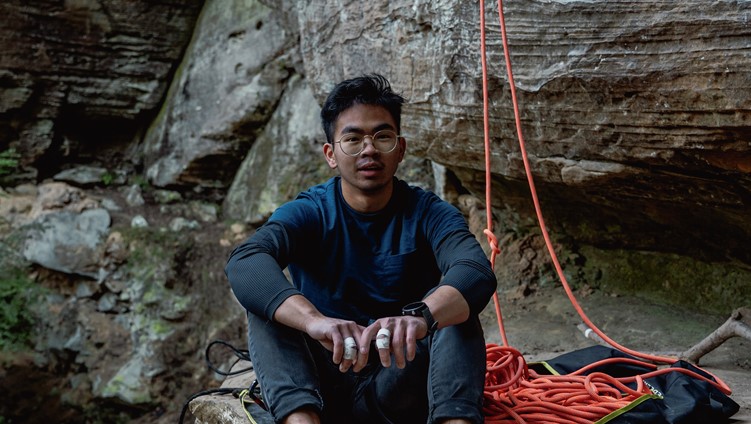
The importance of outdoor participation
In 2015 I took 23 black people to Fort William, in Scotland, to climb Ben Nevis, the UK’s highest mountain at 1,345 metres. Only seven, including myself, reached the summit, but I found this a great achievement. As the mountain guide later said, it was the first time they had seen so many black people come to Fort William.
Research shows black, Asian, minority ethnic people and refugees (BAMER) enjoy the natural environment 60% less than the wider population, which affects health, social inclusion and educational attainment.
The Sheffield Environmental Movement (SEM) was set up in April 2016 to promote the health, wellbeing and education of BAMER by facilitating access to and participation in outdoor activities.
We believe natural heritage is of fundamental benefit to everyone, irrespective of race, ethnicity or nationality, due to its therapeutic, scientific and spiritual values. There is growing evidence that the natural environment improves people’s health and wellbeing, and BAMER communities suffer disproportionately from diabetes, prostate cancer, mental health problems, coronary heart disease and vitamin D deficiency.
'We believe natural heritage is of fundamental benefit to everyone, irrespective of race, ethnicity or nationality, due to its therapeutic, scientific and spiritual values.'
Barriers to more equitable access
The Black Environment Network (BEN), set up in 1988, paved the way for BAMER groups to become engaged in the work of environmental organisations. More recently, the government and third sector organisations have undertaken research and funded programmes that acknowledge that not everyone has the opportunity to benefit from the natural environment. But no sustainable mechanisms have been found to promote popular participation of ethnic minorities in environmental and sustainability initiatives.
There are many barriers. Government policy is typically tokenistic and reactionary rather than proactive and sustainable. There are no baseline measures to assess the current involvement of ethnic groups in the outdoors, nor sufficient training opportunities to empower BAMER people to gain relevant skills and take up environmental jobs and volunteering opportunities. This has resulted in the absence of BAMER groups in the outdoors sector.
There is a lack of knowledge among environmental organisations on how to provide ‘culturally sensitive’ environmental services. These services must be tailored to the diverse communities who often fail to participate in the outdoors on the basis of a lack of trust and a fear of experiencing racism. This is especially challenging for BAMER women, with particular consequences for their health and wellbeing.
The mainstream media also fails to promote positive messages of BAMER in the outdoors to motivate and inspire BAMER communities to feel engaged and connected to the environmental agenda.
Especially given austerity, BAMER people disproportionately live in deprived areas with poor environmental quality and are preoccupied by daily survival. This has led to a gap in knowledge about ecology, archaeology and cultural and historical landscapes in the UK. Poor quality environments also deter people from wanting to experience the wider outdoor environment, although whether this contributes to a ‘culture of apathy’ in caring for local green spaces is yet to be researched.
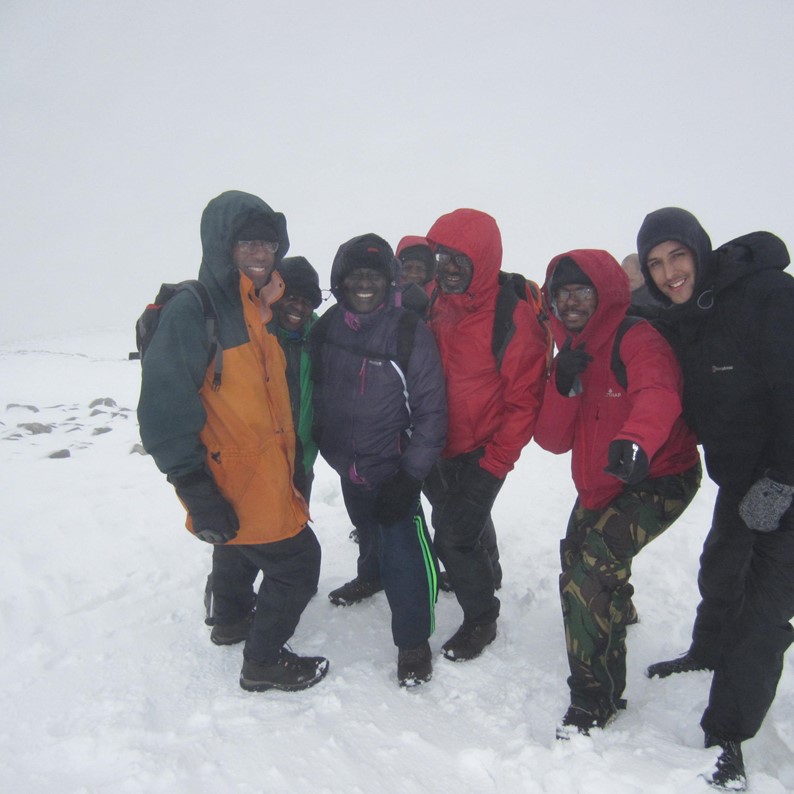
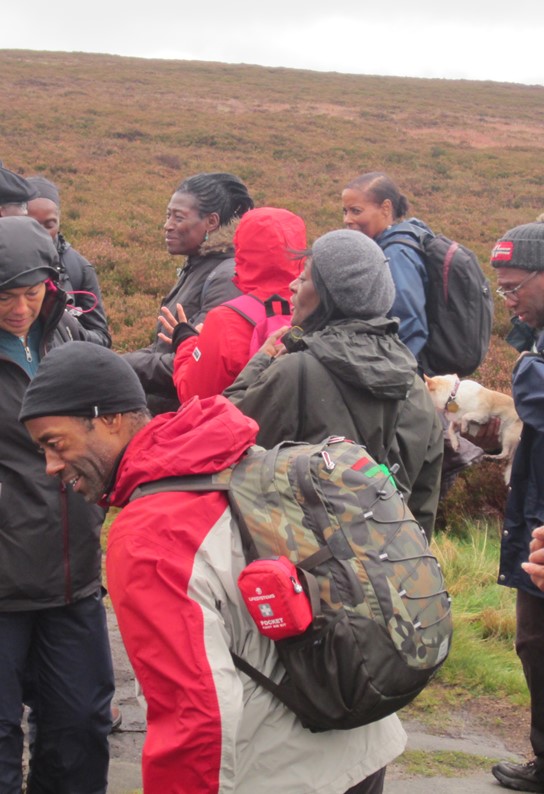
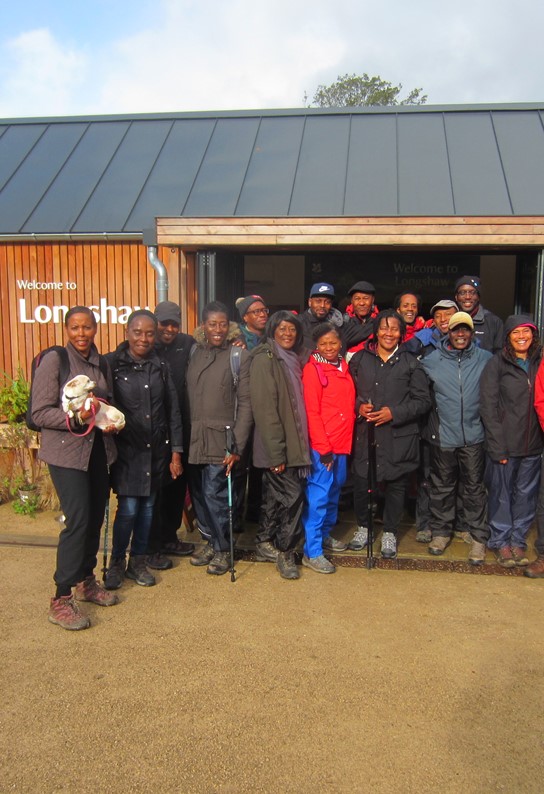
The Black Men Walk for Health group on the summit of Ben Nevis in 2015 (left), and the Sheffield Walk for Health Group and London Caribbean Trekkers in the Peak District National Park in 2018 (centre and right).
Working with BAMER communities
These factors mean that although the outdoors is big business, it primarily targets a white, middle-class audience. This has led to the exclusion and marginalisation of BAMER communities and a lack of BAMER role models in the sector.
There are some community organisations like SEM working with BAMER community groups to address these barriers. These groups are closer to BAMER communities than larger organisations and have the trust and relationships that are vital to using funding effectively. Yet funding has always been a challenge.
Nonetheless, we have managed to promote reconnection to nature to BAMER people from all backgrounds and ages. Our work allows younger BAMER people to learn about environmental activities as future custodians and older people to share memories of the outdoors, often from their home countries.
'Although the outdoors is big business, that business primarily targets a white, middle-class audience. This has led to the exclusion and marginalisation of BAMER communities, and a lack of BAMER role models in the outdoor environment.'
The need for new narratives
Differences between 'us' and 'them' infiltrate outdoor spaces in the UK. Black faces in white landscapes are seen to be something new – but this is not true. There were black people in Britain during the Roman Empire and Tudor times. Black people worked in country houses, many sustained by wealth generated through slavery and now owned by the National Trust.
We need more stories of BAMER people’s contributions to the countryside and about the colonial history behind them. We need to unpick the ‘informal social control’ undermining BAMER belonging in the outdoors. The government must support environmental organisations and white rural communities to fashion new, inclusive narratives. The Windrush Scandal has exposed similar issues in a different context.
We also need to promote environmental events more effectively within BAMER communities, to market environmental organisations as open and friendly - not 'white organisations'.
'Differences between 'us' and 'them' infiltrate outdoor spaces in the UK. Black faces in white landscapes are seen to be something new – but this is not true.'
The play Black Men Walking was inspired by our 100 Black Men Walk for Health walking group, modelled around the Million Man March in the US. Two African-Caribbean friends - Mark Hutchinson and Donald McLean - and I set it up in Sheffield in 2004 as a space where middle-aged black men could walk freely and share stories and lived experiences of daily struggles.
The director and writer of the play came on two of our walks. They have raised awareness about these issues, and that of double consciousness: being black and British in a white landscape, and the fact that black people have not been written into the history of the British landscape.
Though our group might appear political with a small ‘p’, this is because the British countryside remains a contested landscape, and seeing black faces there is regarded as an invasion of rural space. The walking group has since transformed its membership to become more inclusive for women and young people. It is now called the Sheffield Walk for Health Group.
'We need more stories of BAMER people’s contributions to the countryside and about the colonial history behind them. We need to unpick the ‘informal social control’ undermining BAMER belonging in the outdoors.'
Reading recommendations
As an environmental journalist and eco-centrist, my work is inspired by writers in a similar vein:
- Black Faces, White Spaces: Reimagining the Relationship of African Americans to the Great Outdoors, by Carolyn Finney.
- Black and British: A Forgotten History, by David Olusoga.
- Converging Stories: Race, Ecology, and Environmental Justice in American Literature, by Jeffrey Myers.
- A Threatened Rural Idyll? Informal Social Control, Exclusion and the Resistance of Change in the English Countryside, by Nathan Aaron Kerrigan.
Keep exploring

